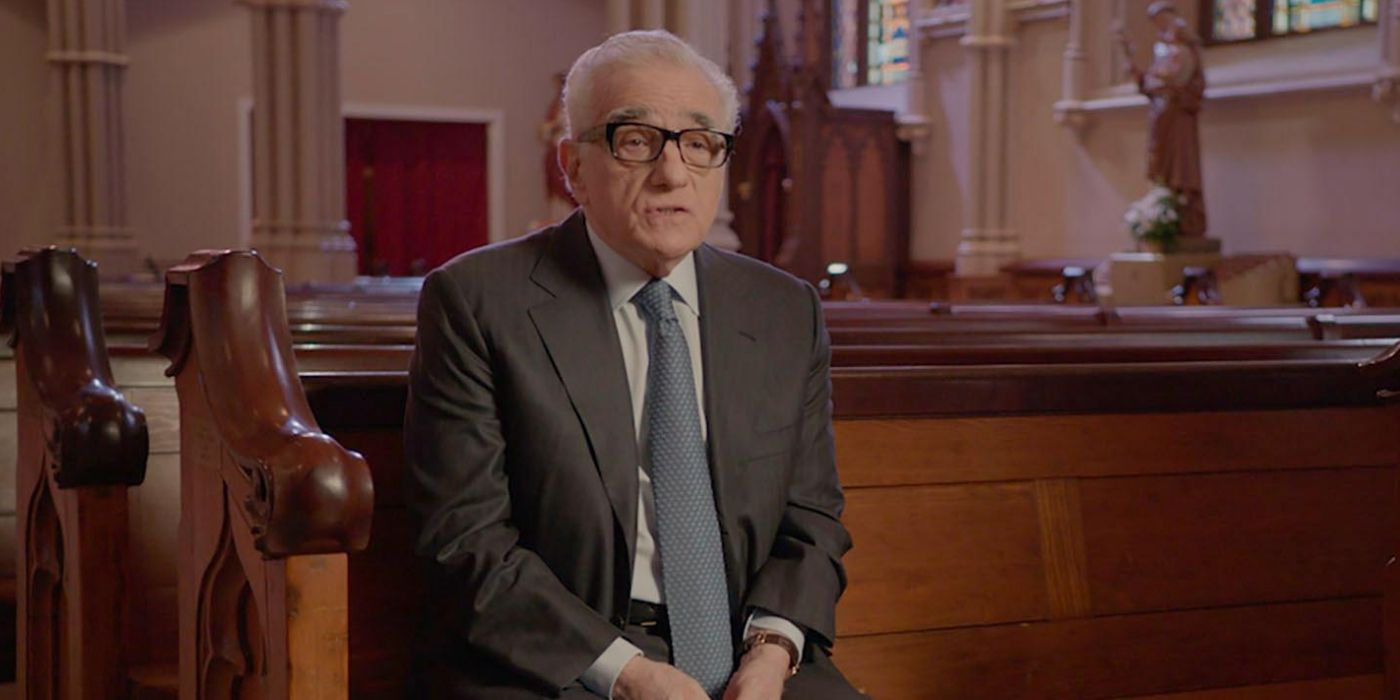Martin Scorsese explains why Tár is true cinema. Written and directed by the Oscar-nominated Todd Field (whose past works include 2001’s In the Bedroom and 2006’s Little Children), Tár chronicles the downfall of the fictional world-famous composer and conductor Lydia Tár, portrayed brilliantly by Cate Blanchett. Since premiering at the Venice International Film Festival before being released in theaters this past year, Tár has garnered immense critical acclaim for Blanchett’s pitch-perfect performance and how Todd Field’s film portrays fame.
Now, Tár is being praised by one of cinema’s outspoken authorities – the legendary filmmaker Martin Scorsese. While presenting Best Picture to Tár at the New York Film Critics Circle awards, where Blanchett also took home Best Actress, Scorsese heaped praise on Todd Field’s masterpiece as a spark of cinema’s future before going on to explain what makes Tár such a great film. Read what Scorsese said below, courtesy of IndieWire:
“For so long now, so many of us see films that pretty much let us know where they’re going. I mean, they take us by the hand, and even if it’s disturbing at times, sort of comfort us along the way that it will be all OK by the end. Now this is insidious, as one can get lulled into this, and ultimately get used to it. Leading those of us who’ve experienced cinema in the past — as much more than that— to become despairing of the future of the art form, especially for younger generations. But that’s on dark days. The clouds lifted when I experienced Todd’s film, ‘TÁR.’ What you’ve done, Todd, is that the very fabric of the movie you created doesn’t allow this. All the aspects of cinema and the film that you’ve used, attest to this. The shift in locations, for example, the shift in locations alone do what cinema does best, which is to reduce space and time to what they are, which is nothing. You make it so that we exist in her head. We experience only through her perception. The world is her. Time, chronology and space, become the music that she lives by. And we don’t know where the film’s going. We just follow the character on her strange, upsetting road to her even stranger final destination. Now, what you’ve done, Todd, it’s a real high-wire act, as all of this is conveyed through a masterful mise-en-scène, as controlled, precise, dangerous, precipitous angles, and edges geometrically kind of chiseled into a wonderful 2:3:5 aspect ratio of frame compositions. The limits of the frame itself, and the provocation of measured long takes all reflecting the brutal architecture of her soul — ‘TÁR’’s soul.”
Is Scorsese Right About The Current State Of Movies?

A few years ago, Scorsese famously decried Marvel movies as “not cinema,” and when he talks about the majority of movies being safe and predictable, it’s hard not to think he’s referring to the current state of franchise filmmaking, of which the Marvel Cinematic Universe is king. By recycling the same formula over and over again, the MCU has been criticized for being too predictable and safe, which has resulted in box office success, but it’s also experiencing a slump, as studies have found. So, it’s difficult to argue with Scorsese on that point.
The famous filmmaker and cinephile last made headlines a few months ago at the New York Film Festival where Scorsese slammed judging movies based on box office numbers, an obsession that he called “repulsive.” On that note, Tár’s box office numbers are not great, only grossing $5.6 million since its wide release on October 28. To Scorsese’s point, judging a film from a purely monetary perspective devalues and ignores cinema as an art form. Tár is a perfect example of this, which has been praised by Scorsese and many others as a transcendent piece of art, but unsurprisingly, it has failed to reach a wide audience in theaters.
Whether or not Tár will save cinema as Scorsese suggests remains to be seen. What is clear is that after Tár‘s three Golden Globe nominations and two wins at the New York Film Critics Circle awards, Todd Field’s film is a clear frontrunner this awards season and primed to make noise at the Oscars. Perhaps then, once the film potentially reaches a larger audience, Tár‘s overall impact on the cinematic landscape can be re-evaluated.




